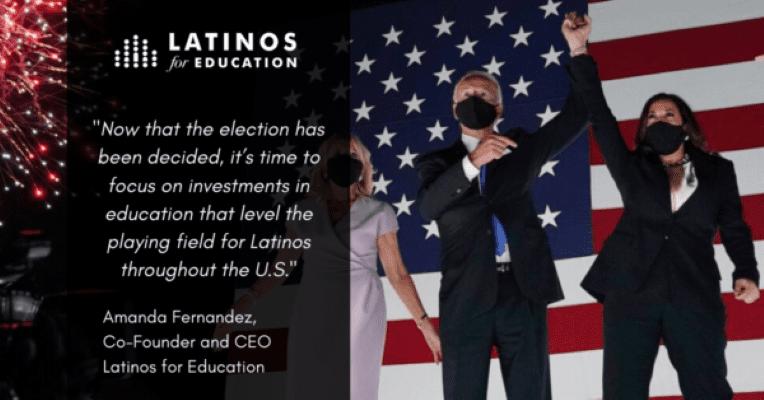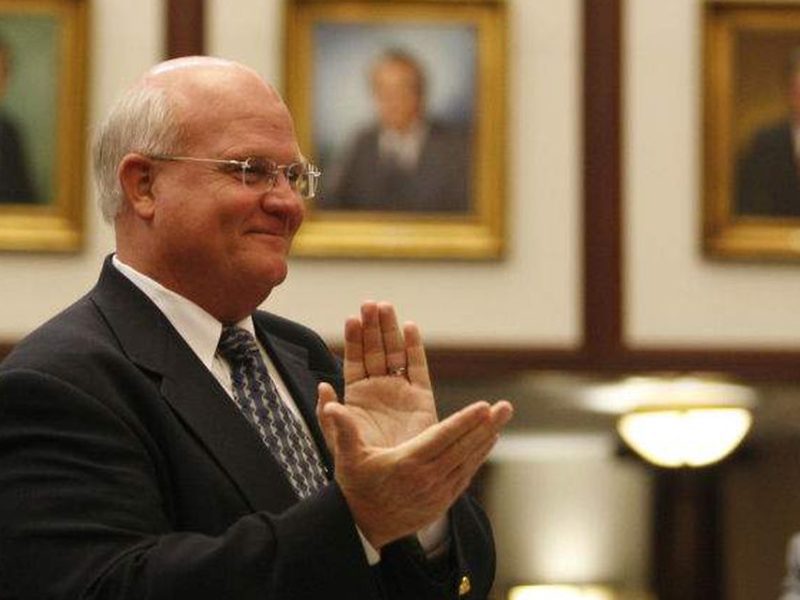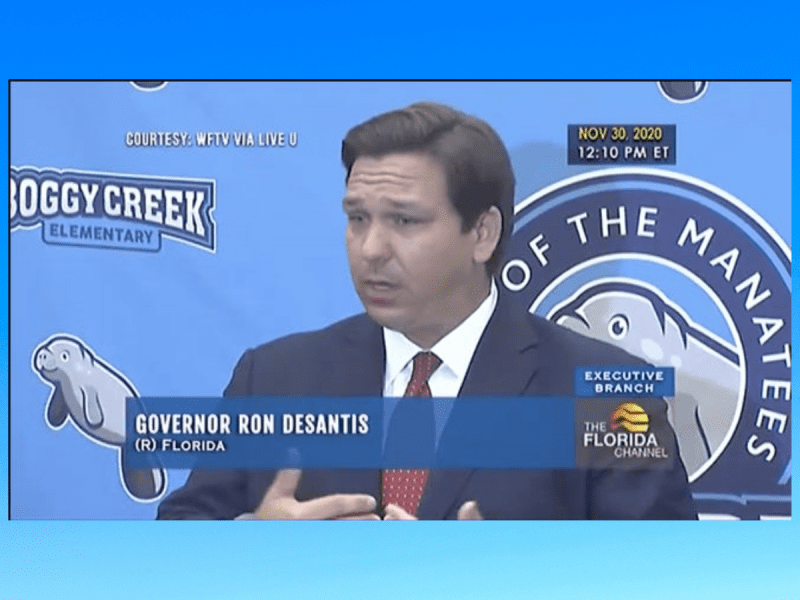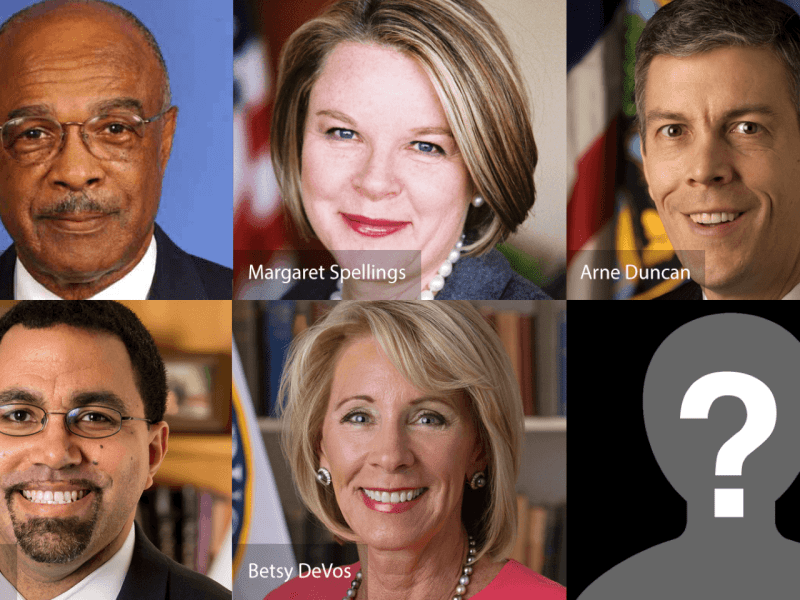The Path Forward: Elevating Latino Education Under a Biden Administration
Latinos for Education | by Amanda Fernandez | November 10, 2020
After a long week of ballot counting for one of the most consequential elections in U.S. history, one thing remains clear: Latinos played a pivotal role in this year’s presidential election.
We proved that we are no longer the sleeping giant. We are here, we voted in record numbers, and we represent the future of our country. That future depends on how we invest in education. Latinos represent the fastest-growing share of the U.S. labor force and make up more than 25% of our nation’s public school students, but receive less funding per capita than our white peers. Now that the election has been decided, it’s time to focus on investments in education that level the playing field for Latinos throughout the U.S.
Earlier this year, Latinos for Education released a set of National Principles for Latino Education, which President-elect Biden committed to act on within the first 100 days of his administration. As the Biden-Harris transition team prepares to take office, here are some key points Biden’s transition team needs to consider as it moves forward.
Broadband and Tech Access
At this moment, the COVID-19 pandemic remains the most pressing issue facing the Latino community, as 72% of Latino households said they’re facing serious financial problems due to the pandemic. Additional data reveals that Latinos also face 3.2 times the mortality rates from COVID-19 compared to their white peers. The emotional and financial toll from the pandemic has been devastating, and its impact has rippled through the entire pre-K through college continuum, as students are grappling with massive opportunity gaps. These opportunity gaps are magnified as tens of millions of students are still learning from home – learning that can only take place if our students have the tools they need to succeed.
It is clear that these tools must include broadband access and the accompanying technology for all of our students. These resources should be “para todos” — for all students. To us, that means that things like Wi-Fi access should be viewed as a public utility. Just as we expect clean water to flow when we open our tap, we should similarly be able to easily receive Wi-Fi and have the technology needed to access it. In today’s environment, a free and public education means having readily available access to these basic tools. We cannot accept anything less.
Improving Education Access and Representation
In the first 100 days of President Biden’s administration, we would like to see policies that remove barriers to universal pre-k access, create pipelines for more Latinos to go into the teaching profession, and pathways for more Latino young people to equitably access and complete higher education. Now is the moment to act. Despite all that makes us different as Latinos, we must focus on the ties that bind us. We should all be unified in our effort to ensure all Latino children receive a quality education because when all Latinos succeed, all of America will succeed.
The Biden administration has an opportunity to renew America’s commitment to educators. Any effort to strengthen the teacher workforce needs to include efforts to diversify teaching. We know that when educators of color are in the classroom, all students benefit. Educators of color serve as positive role models for all students and improve academic outcomes and school experiences for children of color. Latino teachers make up just 8% of the teacher population and less than 3% of education leadership, despite the growing number of Latino students. By improving Latino representation in education, we can improve the outcomes for all of our students.
That representation should be reflected at the federal level, as well. While we don’t yet know who will be appointed to positions in the Biden Administration, we do anticipate this being a diverse administration. Given the changing demographic in the U.S. and the important role that Latinos played in going to the polls, it is imperative that there is adequate representation in decision-making at the federal level that reflects the demographic of the entire country.
While this election proved that we have a lot of work to do to unify this country, we can all get behind a nonpartisan effort to improve educational opportunities for children. The staff of Latinos for Education is a microcosm of what’s possible. While we represent the varied and nuanced ways that Latinos show up in the world, we share a common purpose to improve educational outcomes for students. Together, we can move forward to close the gaps that exist in our school systems and establish leadership that is representative of the community it serves.






